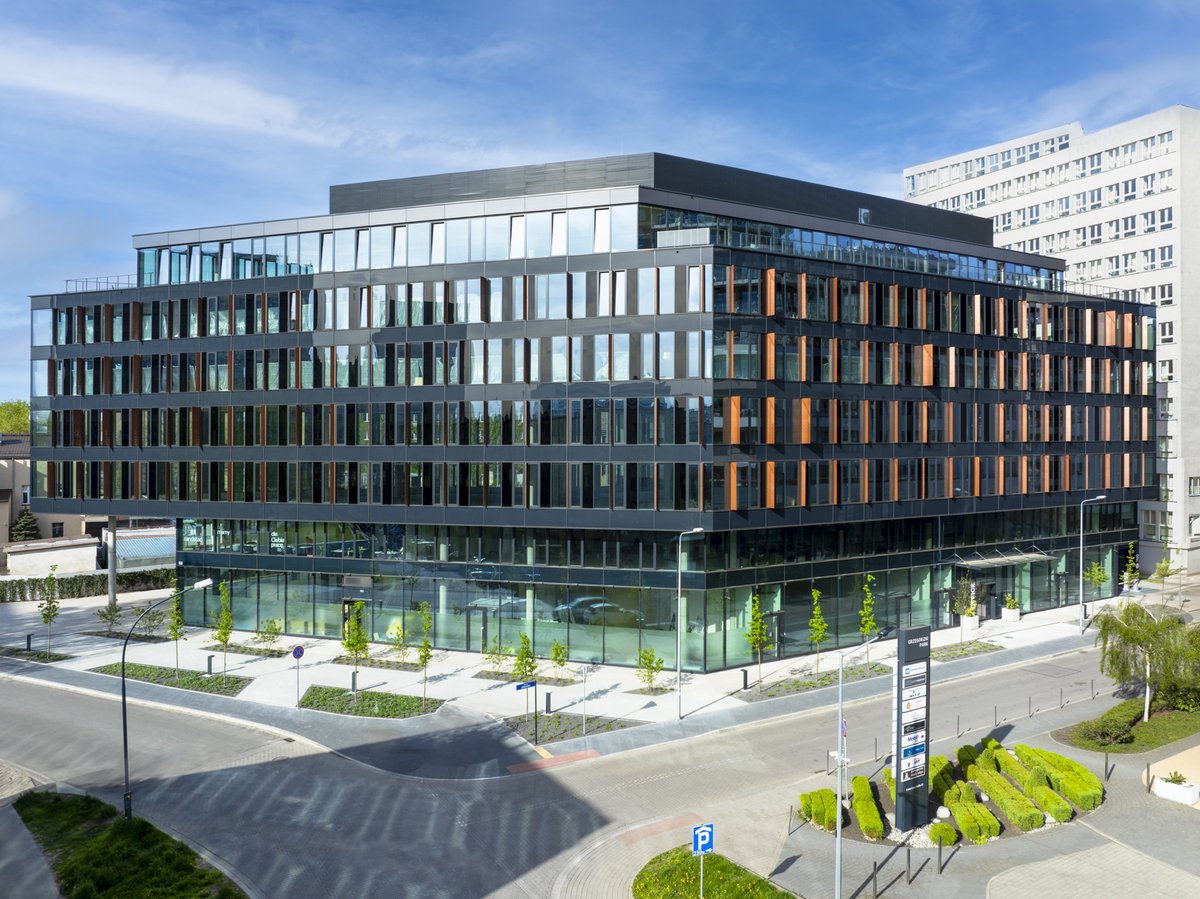Leading global commercial real estate services and investment management firm, Colliers International Czech Republic, launched a new report called ExCEEding Borders offering on outlook on 14 CEE capital cities and the office market activity comparison y-o-y, focusing on the position of the landlords and the response of the tenants to the post-COVID-19 situation.
“We expect that a fair amount of market activity in 2020 will come from lease renegotiations and renewals as opposed to new and pre-lease transactions. We might record more sub-leases being offered if companies need to downsize. Tenant covenants will receive additional scrutiny by landlords, banks and investors in order to limit risk to a sustainable income,” commented Colliers International.
Office Market in CEE Capital Cities – Q1 2020
The total modern office stock in the 14 CEE capital cities at the end of Q1 2020 reached almost 26.4 million sqm. In Q1 2020, developers completed over 288,000 sqm, with more than 3.6 million sqm currently under construction and due for delivery over the next 2-3 years.
The largest supply of modern office space in the region is recorded in Warsaw (5.6 million sqm), Budapest (3.7 million sqm) and in Prague (3.7 million sqm).
The largest increase of new supply in Q1 2020 was noted in Bucharest (78,000 sqm) followed by Belgrade (48,000 sqm), and Budapest (45,560 sqm).
The largest amount of modern office space under construction at the end of Q1 2020 was in Warsaw (792,800 sqm), Budapest (582,000 sqm) and Bucharest (380,000 sqm).
For the take-up trend (y-o-y) only Riga and Bratislava recorded an increase. Take-up activity in Warsaw, Prague, Kyiv, Tirana and Bucharest decreased.
The Czech Republic
“The full impact of COVID-19 on real estate is not yet fully distinguishable. The state of emergency and most restrictions have now been largely lifted. The remaining restrictions mostly affect people’s leisure time with limited opening hours and event attendance caps. The market is slowly waking up and companies are returning back to their offices. International companies, in particular, are still largely working from home or under a socially distanced and responsible return to the office, such as Colliers in Prague. We can come to the office provided that we make a prior reservation and respect the social distancing and safety measures in place,” said Josef Stanko, Research Analyst for the Czech Republic.
“Some leasing transactions on the market have been delayed or cancelled during Q2 but deals in the final or advanced stages have mostly proceeded. Although Q1 take-up was the lowest in recent years, we do not expect tenants to remain on hold long term. Instead, many of them may look for more flexible office solutions. We may see some slight delays for projects which were due to commence or finish construction during Q2, but in most cases only by a matter of weeks. We also expect that some major upcoming projects that were due to be built on a speculative basis, will now rather wait for certain levels of pre-lease. Depending on how the project is financed, this may well be required by the lender. Rents and service charges remain stable and the Czech market has been maintaining a very low overall vacancy long before the current situation,” added Josef Stanko.
What is the Landlords’ position?
Landlords could be faced with some occupiers reviewing their real estate strategies for a change in footprint (up or down) or will be looking at more flexible or hybrid solutions that allow them to expand and contract as required, within reason. This presents some challenges for the office investment market as, like all property types, the value is largely driven by the length and covenant of the income/tenant.
How are occupiers responding?
From the Global survey, one of the key findings is that people would like to continue working from home at least 1 or 2 times per week after COVID-19 has settled down. We believe it is important to test a range of scenarios to be prepared to rebalance and right-size the workplace at the right moment. The Colliers ‘Rebalance your Workplace Planner’ enables organisations to be agile and proactive not reactive to an unknown set of economic and health variables.
Key takeaways of the report include:
- Some business and property sectors will be affected more than others and more time is needed to understand what the future will look like. Change is always coming, but
the type of crisis, its rate of change and its truly global nature create a truly mind-blowing set of variables, making it very difficult to predict meaningful outcomes.
- In the office sector, we understand very well the pressure that everyone is under and how tempting it is to make quick or perhaps emotional decisions. That said, Landlords and Tenants are largely having open negotiations on how to move forward in these difficult times.
- Rental deferrals and additional incentives have been most common across the region, as opposed to rent reductions. In return for these concessions, leasing contracts are typically being prolonged by an appropriate period.
- Due to good levels of market activity in recent years across the region and assuming the more common 5-year lease terms, we expect a fair amount of market activity in 2020 will come from lease renegotiations and renewals as opposed to new and pre-lease transactions where there may be less pressure to make a decision until there is more clarity. There is also a good chance that we will record more sub-leases being offered if companies need to downsize.
- Tenant covenants will receive additional scrutiny by landlords, banks and investors in order to limit risk to a sustainable income. Similar to the leasing markets, there has also been a slowdown in investment activity, again partly due to a lack of clarity in where the markets will settle, but also due the fact that investors have been unable to travel to view opportunities. As markets re-open, we expect transactions to pick-up in the second half of the year.







